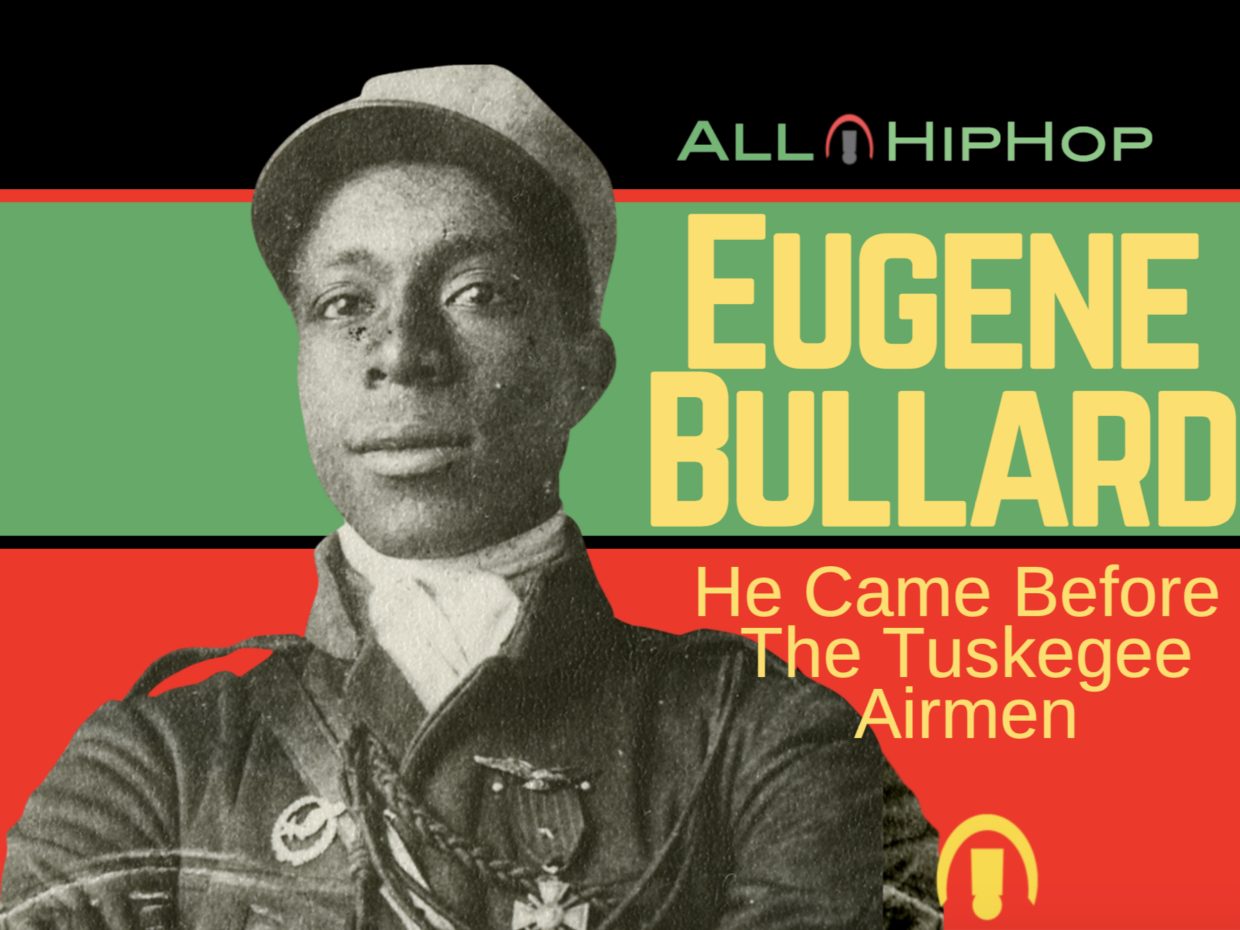One of the first fighters of all for the black community was the “black swallow of death,” Eugene James (Jacques) Bullard.
The first African American combat aviator, he was known for his courage during missions as much as his colorful life.
Born in Columbus, Georgia, on October 9, 1895, Bullard received little education in his early years and attended the 28th Street School in Columbus from 1901 to 1906, only completing the 5th Grade.
Running away after witnessing racial violence in 1906, he joined a group of gypsies and traveled with them.
Bullard was enamored with his father’s stories of France, where slavery had been abolished, and blacks were treated the same as whites. He also heard there was no color line in England, a story told to him by the gypsies.
He stowed away on the German freighter Marta Russ, arriving in Scotland, where he worked and trained as a boxer under the then-famous Dixie Kid. After a visit to Paris, BullES decided to settle in France.
Upon the outbreak of World War I, Bullard joined the French Foreign Legion and enrolled in the French air service in 1916. Bullard became known for flying into dangerous situations, amassing a distinguished record, including downing at least one German plane.
Eugene Bullard was removed from aviation duty after pressure from the United States to uphold the U.S. policy against black pilots joining, having already been refused entry into the U.S. Air Service.
After the war, Bullard fell into jazz, working as a jazz drummer and opening nightclubs, including purchasing popular jazz venue “Le Grand Duc,” where he became friendly with Louis Armstrong and Josephine Baker.
Bullard was so famous at this point that Ernest Hemingway based a minor character on Bullard in his acclaimed work “The Sun Also Rises.”
When World War II began in September 1939, Bullard agreed to a request from the French government to spy on the German citizens who frequented his nightclub.
After World War II, Bullard was a national hero in France, but he made a move back to the U.S, settling in New York City where he worked odd jobs, including selling perfume and even operating the elevator of the RCA Building, which was home to The Today Show (he was even interviewed on the same show).
The French government named Bullard a national chevalier (like a knighthood) in 1959, and French President Charles DeGaulle visited New York City to meet Bullard. Personally.
Bullard died in obscurity in Harlem on October 12, 1961, aged 66. He is buried in the French War Veterans’ section of Flushing Cemetery in Queens with military honors, in the same resting grounds as his friend Louis Armstrong.
A man who lived a colorful life in every way, Bullard was a great example of a man who managed to do almost everything with deft skill.
From a boxer to spy, entrepreneur to a jazz drummer, and a man of modesty in later life, Bullard’s gregariousness, entrepreneurial spirit, and the fact that he was an absolute hero makes him one of the most important outstanding examples we should all follow.
